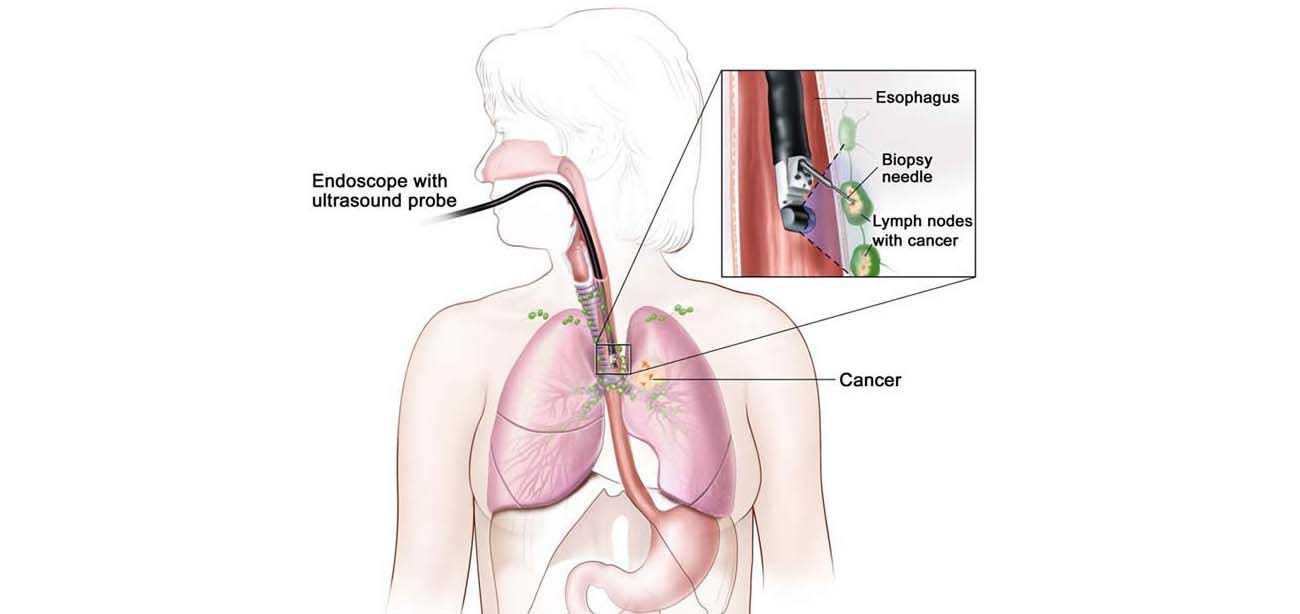Foreign Body Removal

Removal of foreign bodies is a common procedure for gastroenterologists. In the majority of cases the type of foreign body ingested can be determined by a careful history or by speaking to relatives or friends.
The commonest sites for obstruction are the glottis, valleculae, larynx, cricopharyngeal muscle, aortic arch, lower esophageal sphincter, pylorus, ileocecal valve or anus or at areas associated with pathology (i.e. esophageal stricture).
The ultimate goal of treatment is the complete removal of foreign bodies, avoiding possible secondary complications that may include lesions of the bladder and urethra, peritonitis, urinary tract infections, urethrorrhagia, or hematuria
Rarely, foreign bodies may be eliminated spontaneously during urination (DiDomenico et al., 1997).
After diagnosing this condition, analgesics and anticholinergics will be administered to control pain and irritative urinary symptoms. Also, antibiotic prophylaxis of urinary tract infections or of urosepsis is recommended in patients with pre-existing infections. The extraction of intravesical foreign bodies can be performed endoscopically, percutaneously, laparoscopically, or by open surgery. The type of approach will be chosen according to the general status of the patient; the integrity of the urinary tract; and the size, shape, and nature of the intravesical object.
 Call For Appointment
Call For Appointment